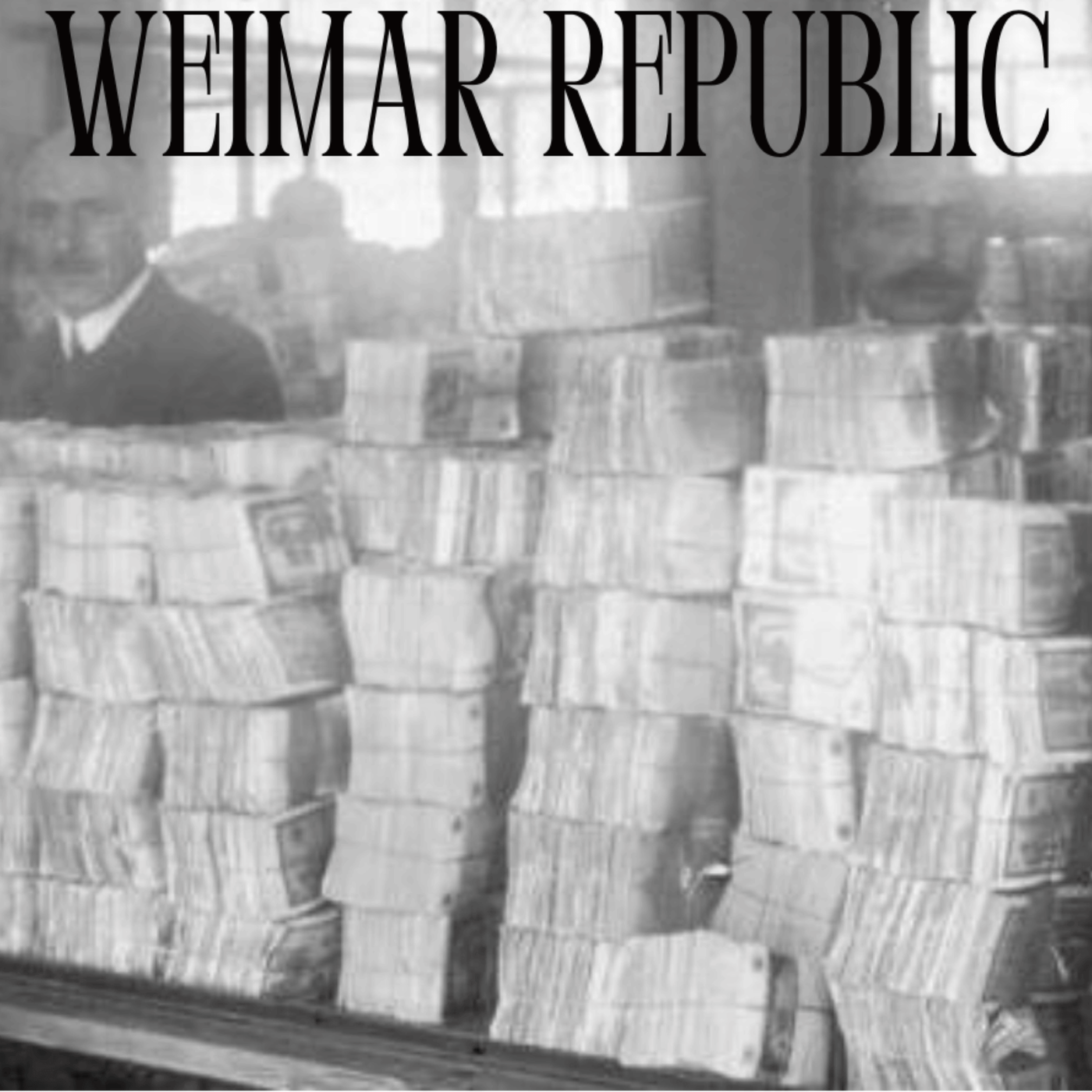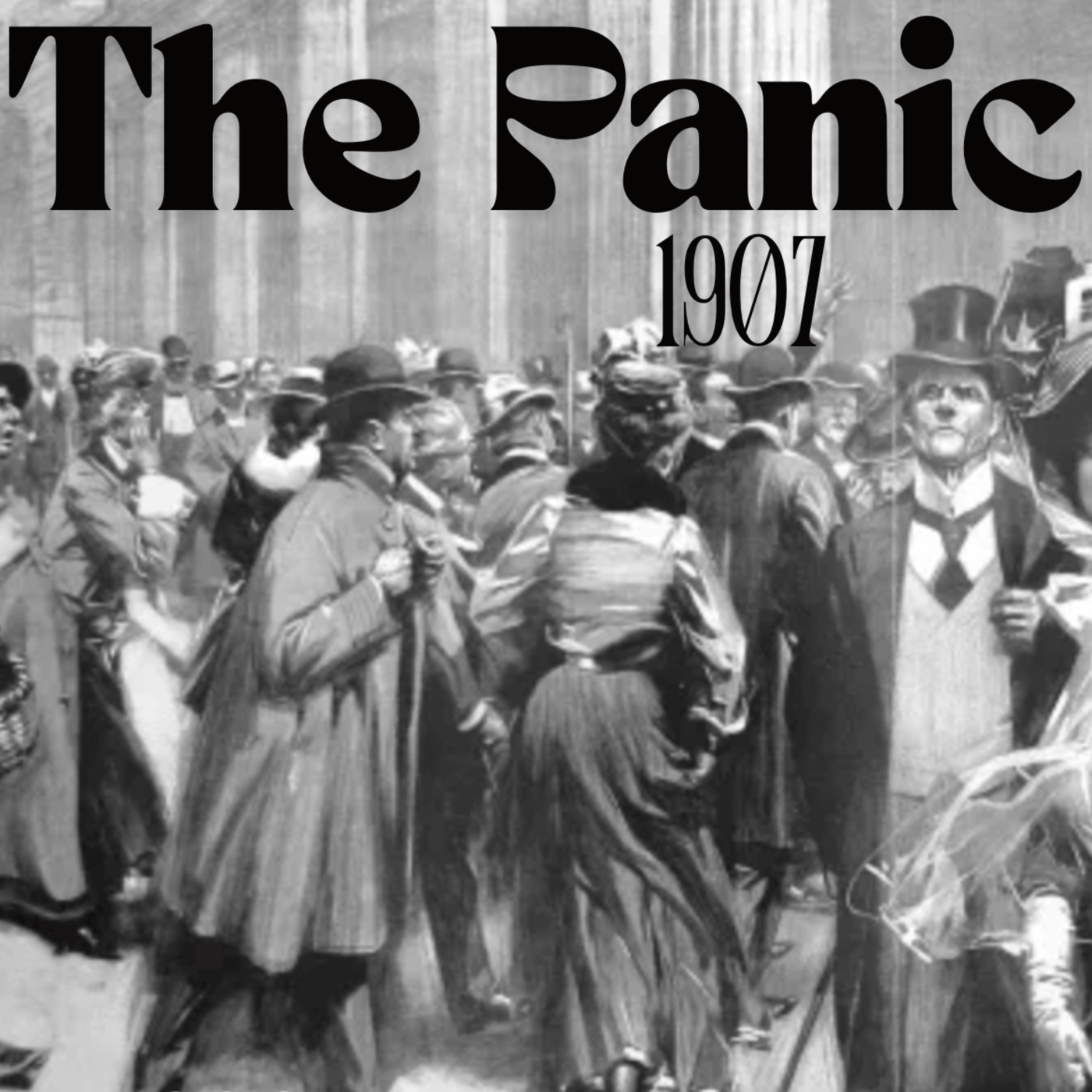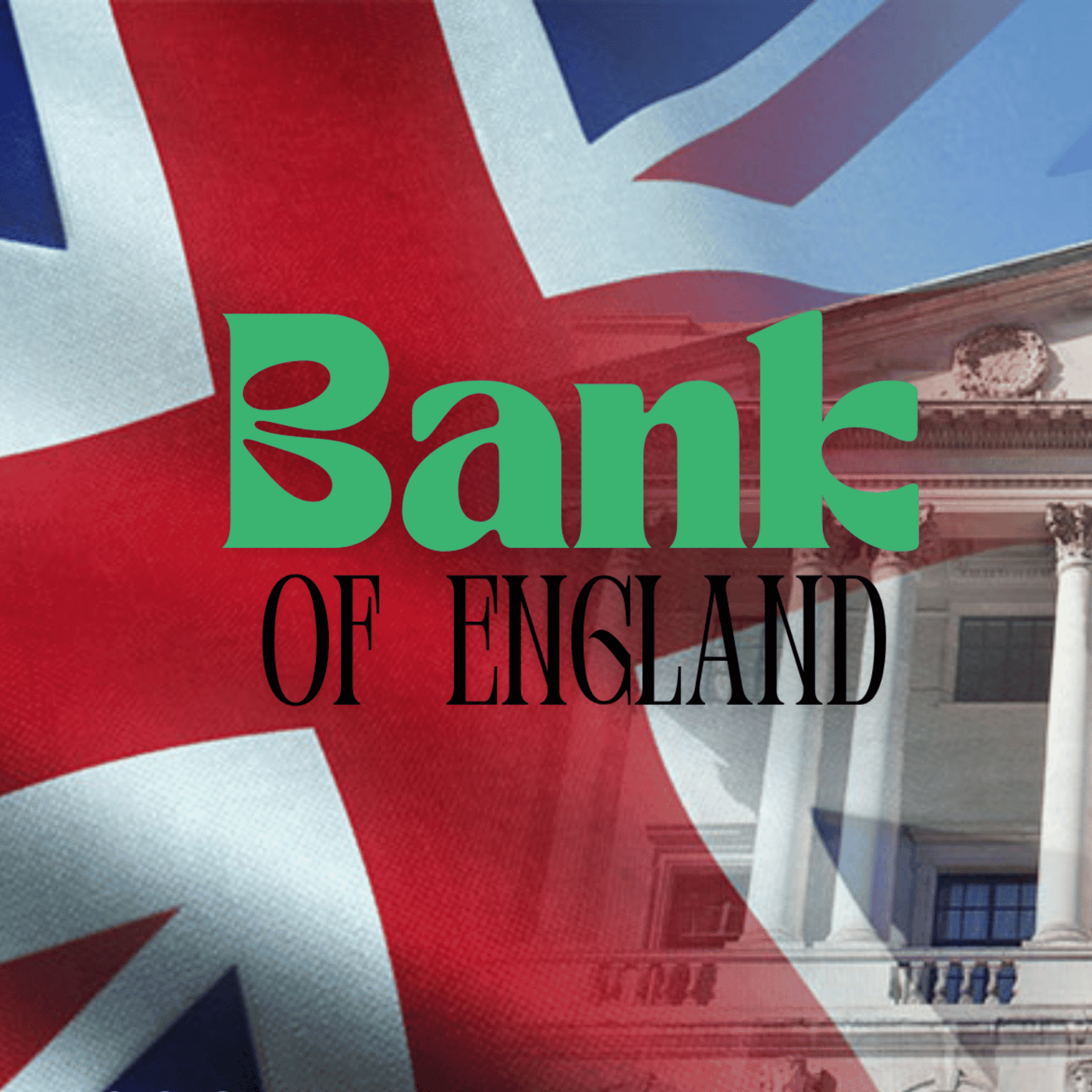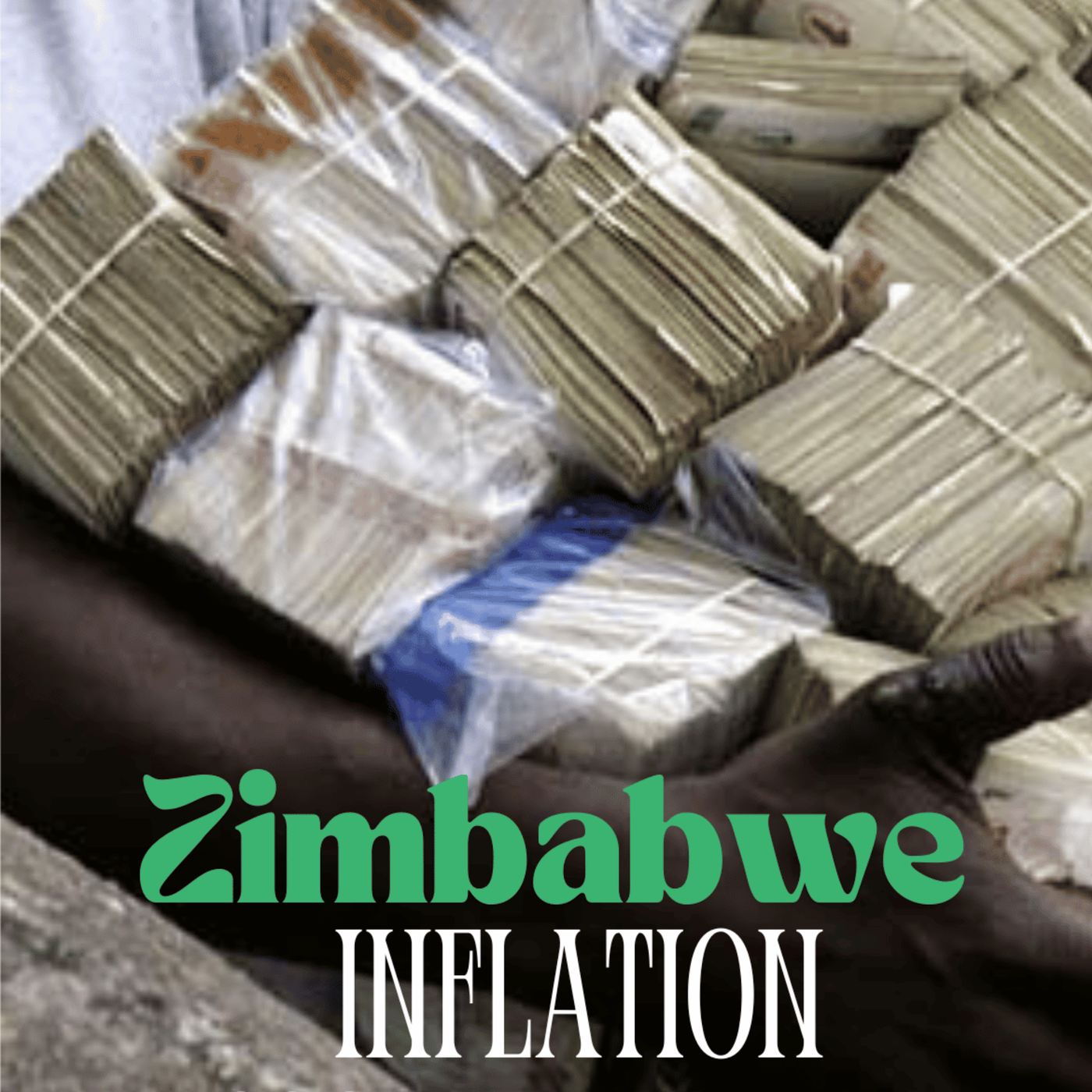
What Happened When Bread Cost Millions in Germany?
During the early 1920s, Germany was plunged into unprecedented economic and political chaos following its defeat in World War I. The Weimar Republic faced mounting pressures from the Treaty of Versailles, social unrest, and a shattered economy. As the value of the German mark collapsed under the weight of reparations and excessive money printing, hyperinflation consumed the nation. In 1923, the situation reached a crisis point: prices skyrocketed, savings evaporated, and basic goods became unaffordable.
In this desperate environment, local municipalities and businesses issued Notgeld—emergency money—as a temporary solution to facilitate trade. These colorful and often artistically designed notes provided...






